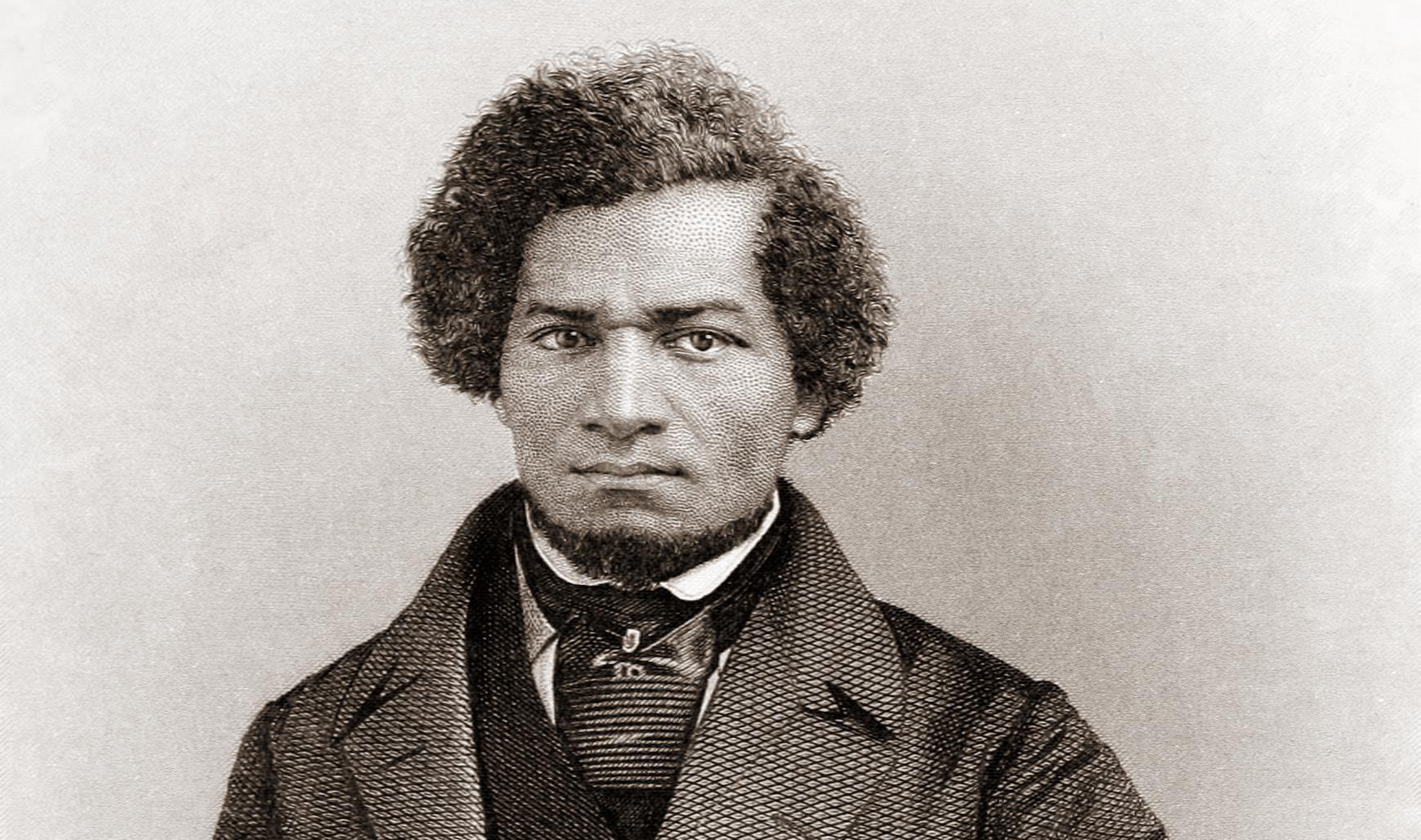
Why Israel May Sue the New York Times
Sovereign nations outside their own domain also need protection against defamation.
Several weeks ago, my contribution to Civitas Outlook essay, Defamation Comes to the Gaza Strip, which outlined my views on why the state of Israel, and its various public ministers, were likely to satisfy the actual malice test dating back to the 1964 decision in New York Times v. Sullivan. That case broke new First Amendment ground when it held that to succeed in a defamation action, a public official must establish with “convincing clarity” that the defendant had knowledge of the falsity of its statement or acted in reckless disregard of the truth. It was a tough test designed to protect the press against massive government abuse.
I was somewhat blindsided when I read Yale Law Professor Jed Rubenfeld's critique of my article in the Free Press on August 17. Rubenfeld did not dispute any of the particulars of my analysis but said that it was all to no avail in the face of a rule, endorsed by the New York Times decision, which categorically holds, in his words, that “nations cannot bring libel suits”—full stop, even though New York Times does not refer once to foreign suits.
The first question was just this: What is the normative principle that by design creates this legal no-man ’s-land? The most obvious private law analogy is whether corporations such as the New York Times could bring these suits if they were a victim of defamation. The entire legal framework would collapse if these organizations were denied access to courts in ordinary business or political transactions and were rendered immobile to defend themselves in court against defamation attacks that could multiply in this free-fire zone. No such rule has ever existed in private law, which, in many areas, sets the template for public law: think of the law of trusts, nuisances, and easements, which has a public variation that depends on the identical rules for private trusts, nuisances, and easements. Thus, as a matter of first principle, why deny that relief to any nation that can show that defamation by its mortal enemy has succeeded in sowing widespread resentment and discord and compromised its standing in business relations, with suppliers refusing to supply it with essential private or military goods to maintain its domestic stability and military position? There are all sorts of reasons of prudence that might lead any country, Israel included, to avoid that step of suing. Initiating a lawsuit could lead to a rapid repetition of the libel by reporters who are protected by the fair reporting privilege. Entering a foreign court may well expose it to related counterclaims in a hostile forum. But those are routine business risks that every well-known plaintiff faces in all high-stakes litigation. They call for the same business risks that corporations routinely assume, and Rubenfeld never offers any normative justification for the rule that he treats as a constitutional fixture of domestic law everywhere, notwithstanding his own doubts whether it makes sense.
Instead, he offers a very cryptic account of what he regards as the legal lay of the land when he writes: “Libel on government,” said the [Sullivan] Court, has no “place in the American system of jurisprudence.” As a federal circuit court put it a few years ago in a case involving false speech about a ballot initiative, “A government entity cannot bring a libel or defamation action.” Because Israel, like any other nation, is a “government entity,” it cannot bring a libel suit.
Although libel is generally a matter of state law, the “no libel on government” rule is constitutional and therefore applies in every state. The idea is that individuals and the press have an “absolute” First Amendment right to criticize the government so long as they do so, as the Sullivan Court put it, “impersonally”—i.e., without attacking any particular person or official. Which is exactly what the Times did in its “Gazans Are Dying of Starvation” story. No specific Israeli official was mentioned.
Now go back and look at the original text of New York Times v. Sullivan: Justice Brennan first rejected the view of the Alabama Court that ordinary people would not think that Sullivan, given his control of the position, could claim that the speech was about him, although he is not named. On that point, the Alabama Court was correct, for even Justice Brennan would not make the same skeptical judgment if a vicious racist referred to the New York Police Commissioner by title and not by name. More generally, a defendant cannot escape a libel action by not mentioning by name the person whom the public knew was in charge. After which comes this Brennan non-sequitur:
This proposition has disquieting implications for criticism of governmental conduct. For good reason, “no court of last resort in this country has ever held, or even suggested, that prosecutions for libel on government have any place in the American system of jurisprudence.” City of Chicago v. Tribune Co., 307 Ill. 595, 601, 139 N. E. 86, 88 (1923). The present proposition would sidestep this obstacle by transmuting criticism of government, however impersonal it may seem on its face, into personal criticism, and hence potential libel, of the officials of whom the government is composed. (emphasis added).
The first point to note here is that Brennan’s proposition does not have any explicit constitutional home; nor did Rubenfeld mention any possible constitutional provision. The rule may be an effort to backstop the New York Times, but given that Justice Brennan, writing for the majority, rejected the absolutist prohibition of libel actions against all public officials taken by Justices Black and Douglas, why then doesn’t the actual malice rule offer sufficient protection for the New York Times?
One possible response is to say that there is no reason to worry because a state lacks standing to sue. But that is just a pretext for claiming that we don’t want the state to sue, without explaining why. There are all too many cases where persons who suffer real harm are somehow out of the protection of the law. However, where a nation risks pariah status and may have claims that run into the millions of dollars or more, want of standing is not a good reason.
Nor is the institutional context the same as that of Israel or any of its leaders. In New York Times, the question was whether Alabama could bring a criminal prosecution in its own courts against an out-of-state defendant, whom it was trying to break financially with enormous verdicts. The obvious institutional concern was the fear of excessive force if a criminal prosecution was added to the mix. This rule is not part of the First Amendment, but rather a prophylactic, non-constitutional extension with no application to the Israel case. What is needed is not Rubenfeld’s muddy pronouncement that libel bought by government has “no place” in our law. Indeed, it has a place here: the Israelis are not bringing criminal prosecution against the New York Times in an Israeli court. They are not using the criminal system at all. And I hope that it will not bring suit against the Times in Israel, even though it has more than “minimum contacts” there.
What they would do by suing in New York is seek to vindicate their reputational interests and those of their military and cities, by claiming any special privileges that attach to a sovereign nation. This is not a rerun of what might have happened in Alabama, where a two-fold attack was mounted on an out-of-state party trapped by a restrictive set of rules that did not allow it to remove the case to federal court, thereby weakening the local dominance. Indeed, Israel will face much opposition and abuse if it does decide to bring suit. Justice Brennan’s rule only prevented a criminal prosecution that could be brought only in the home state. It has no role to play in this matter. Rubenfeld was justified in having serious reservations about his general rule. He was wrong to think that its blanket proposition applies to an Israeli civil action in a New York court.
Richard A. Epstein is a senior research fellow at the Civitas Institute. He is also the inaugural Laurence A. Tisch Professor of Law at NYU School of Law, where he serves as a Director of the Classical Liberal Institute, which he helped found in 2013.

American Immortals
Unlike other abolitionists, though, Douglass never lost his faith in the American Founding. Indeed, he believed that the fundamental premises of our republic were the very principles that could save her from this moral crisis.

When Duvall Played Stalin
It’s strange to compliment an actor for impersonating a tyrant, but it is an act of courage.

When Vanity Leads to Impropriety
A president should simply not be allowed to name anything after himself without checks from Congress or an independent commission.
Get the Civitas Outlook daily digest, plus new research and events.


.png)





.jpeg)
